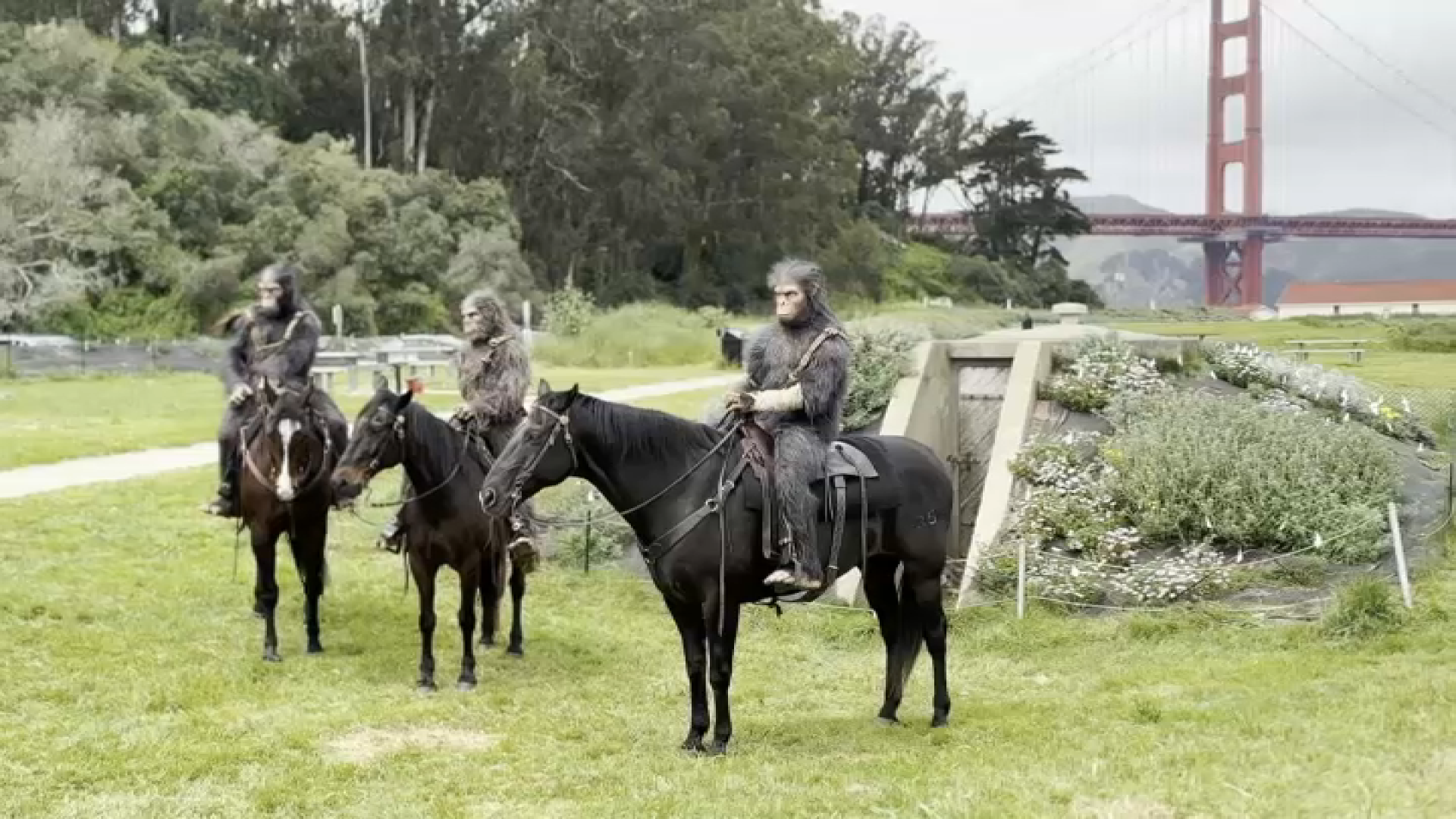Normal 0 false false false EN-US X-NONE X-NONE /* Style Definitions */ table.MsoNormalTable {mso-style-name:"Table Normal"; mso-tstyle-rowband-size:0; mso-tstyle-colband-size:0; mso-style-noshow:yes; mso-style-priority:99; mso-style-parent:""; mso-padding-alt:0in 5.4pt 0in 5.4pt; mso-para-margin:0in; mso-para-margin-bottom:.0001pt; mso-pagination:widow-orphan; font-size:11.0pt; font-family:"Calibri","sans-serif"; mso-ascii-font-family:Calibri; mso-ascii-theme-font:minor-latin; mso-hansi-font-family:Calibri; mso-hansi-theme-font:minor-latin; mso-bidi-font-family:"Times New Roman"; mso-bidi-theme-font:minor-bidi;}
No seriously, Naftali Moed is only 16-years-old.
You might forget that once you hear him pontificate about sustainable farming, community-in-action, or the environmental lessons gleaned from a chicken. But really, he’s only 16.
“He’s 16,” confirms Laurie Hughes, Moed’s teacher at Pacifica’s Oceana High School.
“He’s a young man. But his intelligence and his determination are impressive -- I mean impressive for anyone -- sixteeen or fifty-five."
With all the poise of an old, ruddy-skinned farmer, Moed strolled through the community garden he founded in back of his high school a year ago. He proudly pointed out strawberry blossoms, broccoli sprouts and the beginnings of a zucchini.
“There are a bunch of squashes that are about to come up,” he said, poking at the leafy plant.
Local
“I was always sort of a strange person,” he acknowledged. “I have played sports in the past I was always drawn to more environmental things.”
Just over a year ago, Hughes invited Moed along on a week-long school trip to the Pie Ranch, an education-based farm near Ano Nuevo that teaches young people about sustainable agriculture. The seed took root.
After a visit to an environmental conference, Moed decided his school should have its community own garden where students could work the soil, and grow their own food.
He crafted several grant proposals, secured $12 thousand dollars in grants... and got the school to agree to his plan. He then set his sights on a plot of gravel-covered ground in back of the school.
The area now bears leafy plants ringed in brick donated from San Francisco Presidio. A wooden bench was built by volunteers. Irrigation pipes assembled by Moed run along summer crops.
“It’s been a real community effort to change this back from an eyesore into something that looks much nicer and productive and is teaching people,” said Moed, admiring a pen with ten chickens.
Moed looked on as a group of students armed with shovels and hoes dug an irrigation trench. Several students pulled weeds from furrows of tomatoes. Another group hammered nails into a new planter box. When a student notified Moed they'd run out of nails, he calmly suggested they keep looking for more. Nails found.
“The thing that I love about being here is getting to share my joy with all these people and everyone gets to learn,” said Moed, who has spent years volunteering with the National Parks Conservancy.
The school has now designed a curriculum around the garden, with students earning credits for volunteering. Even during summer vacation, dozens of students have turned out to get their hands dirty.
“I think a lot of people say I’d really like to do this, this would be fun, talk about dreams,” said Hughes, who oversees the garden project. “But this is a kid who completely put into action.”
This summer, the Helen Diller Family Foundation honored Moed and four other California teenagers for their social contributions. Moed’s cut of the prize was $36,000.
He said he plans to save most of the money for college, but will contribute some back to the garden project.
“I appreciated the recognition,” said Moed. “At the same time even without it, I’d still be out here digging holes and cleaning up chicken manure.”



